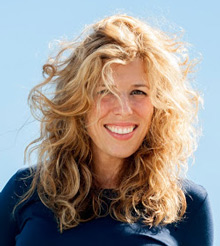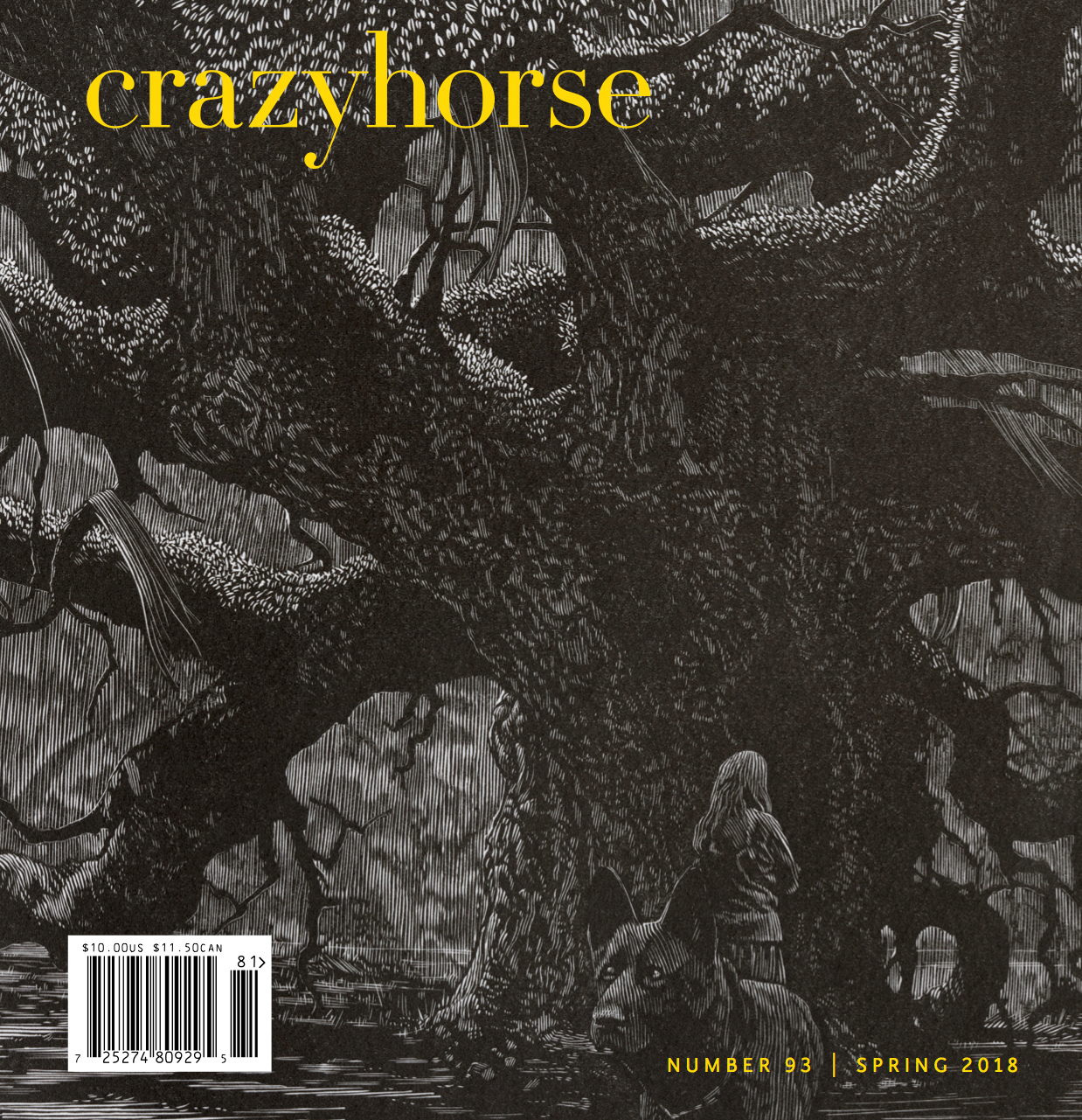
Megan Kruse is the author of Call Me Home, which Elizabeth Gilbert called “a most unlikely tale of hardness and hustle, of grace and loss, of painful love and tough breaks.”
Megan Kruse grew up in the Pacific Northwest and currently lives in Seattle. She studied creative writing at Oberlin College and earned her MFA at the University of Montana. Her work has appeared widely in journals and anthologies, and her debut novel, Call Me Home, was released from Hawthorne Books in March 2015, with an introduction by Elizabeth Gilbert. She teaches fiction at Eastern Oregon University’s Low-Residency MFA program, Hugo House, and Gotham Writers Workshop. She was one of the National Book Foundation’s 5 Under 35 for 2015.
To read an exercise about creating internal dialogue, click here.
In this interview, Kruse discusses the larger whole of multiple perspective novels, queer sex scenes, and the importance of rural queer narratives.
Michael Noll
The novel is told from multiple perspectives, and I recently heard an agent say that readers tend to struggle to connect emotionally with characters in multi-perspective novels. I guess this makes sense in a way: just when things get tense for a character, the novel often cuts away to a different character. Was this something you thought about as you worked on the novel?
Megan Kruse
One of the things that I love about multiple perspectives is that the result seems greater than the sum of the parts; the reader gets to connect with the individual characters, and in addition, the reader comes to understand the bigger picture. I’ve always written family stories, and I think often about how in any family or group, there is no one on the inside who can fully see the whole story. So many family sorrows—our slights and misunderstandings and our greater rifts and losses—come back to our inability to see outside ourselves, to take into account all of the different narratives and histories that coexist in a family universe. I wanted to write a novel where the reader has the privilege of knowing the family’s story more fully than any of the individual characters. I understand what you’re saying about the potential for the reader to feel less connected to a single character, but I also think that the task of a successful novelist is to keep those threads feeling alive, to keep the reader tracking all of the characters even as the perspective shifts. My hope for my own fictional family was that their emotional ties to each other, the way that they’re searching and echoing off each other, would keep them present even when they weren’t on the page.
Michael Noll
You write a pretty explicit sex scene between Jackson and Don. In general, sex scenes give writers fits. There’s even an award given out annually for the worst sex writing, and very good writers often end up on the list. What was your approach to that scene?
Megan Kruse
I really loved writing those sex scenes! I wanted to write a queer story, to write characters that are so rarely visible in contemporary fiction. Jackson is coming of age, falling in love for the first time, and I don’t think you can separate that experience from the physicality of it. To be young and queer in a place where you don’t have other queer people to talk to, where you don’t have any models for how to live, means that your experience of sexuality is isolated, speculative, and lonely. The double whammy of emotional and physical connections makes that first love so wrenching and impacting when you finally experience it. Don is also Jackson’s boss, which adds another level of power and fear to the exchange. I loved writing into that murk—to put these two characters in a room together and consider how Jackson might feel, with all of these different elements trembling on the line.
Michael Noll

Megan Kruse’s novel Call Me Home left the writer Dan Chaon “astonished by her talent.”
I love the dialogue in the novel, especially a scene between Jackson and Honey, when Honey is driving Jackson to see the crew boss. In it, Honey resists understanding. He says, “Bet yer scared, huh?” but when Jackson says, “I’m scared,” Honey answers, “Don’t worry. They’re just probably needing more help on this side.”
“You asked if I was scared.”
“Nah,” Honey said.
It makes no sense that Honey says this, or at least not immediate sense. Was this a lucky accident, the sort of thing that pops up as you write. Or did you have a sense of this character and set out to write dialogue that would reveal that sense?
Megan Kruse
I don’t remember exactly how I put that scene together, but I wanted to show through that exchange how adrift Jackson is in the fictional town of Silver, where he’s working on a construction crew. He’s trying to get his feet in a world where action speaks, where the currency is work and productivity, and so I wanted his interactions to mirror his confusion. He feels like he doesn’t know how to speak “man,” in other words, and so when he tries, he flounders. There’s another scene where he is at a bar in town with the men on his crew and he over-speaks, revealing too much about himself. He doesn’t know the rules of the world he’s in, and I wanted to capture how he is working to navigate that uncertain terrain.
Michael Noll
In an interview at The Rumpus, you talked about the importance of writing queer, rural narratives and how it’s not enough to portray non-urban places as only dangerous. Why do you think that particular narrative has taken hold? It’s true, of course, that some very bad things have happened to gay people in rural places, but I wonder if there isn’t a certain urban bias at work. I think of the scene in the film Milk when a kid calls from Minnesota or somewhere, wanting to come to San Francisco, saying that he’s scared of his father, but then the camera pans out and we see that he’s in a wheelchair. And, the new film Stonewall is about a gay Midwestern boy who moves to New York and finds himself. This is a common storyline in novels, too—that the city is safer and better, not just for queer people but for everyone. Is it inevitable that the rural, queer narrative will become more commonplace now that marriage equality is national law? Or do you think this narrative lags behind reality?
Megan Kruse
The narratives we hear about queerness are so often about departure—about leaving rural places for the city, for urban places with queer communities (San Francisco in Milk, as you mention—that’s a place where there is finally a critical mass, and you can imagine the joy of that). I don’t think that departure is about safety so much as it is about community—which then becomes safety. My experience has been that to find other people who share your experience, other people who want to live and love like you, is what feels most important, beyond physical safety. It feels safer because you have your people. But things are changing, rapidly, and the world feels different now that it did when I was younger. We’re at a moment in time when our narratives of queerness are being heard more than ever, and we need narratives now of queers everywhere, of those who’ve gone to the city and those who have made communities where previously there were none, of queers thriving and creating the worlds they want to live in. There are so many people who haven’t had a chance to tell their stories, or to read stories that speak to them of their experiences. And those are the stories that light the path for the people coming behind us.
November 2015








